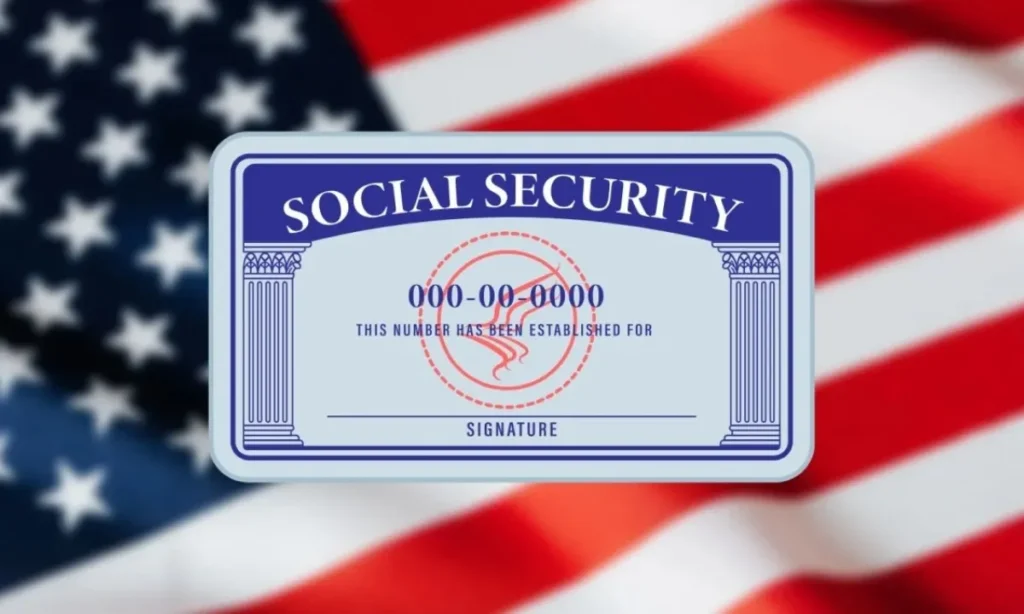The Windfall Elimination Provision (WEP) and Government Pension Offset (GPO) are two Social Security rules that often confuse public-sector workers. These provisions reduce benefits for some teachers, police officers, firefighters, and other government employees who also receive pensions from jobs not covered by Social Security. Originally meant to protect the Social Security system from overpayments, WEP and GPO now affect nearly two million Americans, leaving many unsure of what their retirement will actually look like.
Table of Contents
What the Windfall Elimination Provision (WEP) Means for You
WEP reduces Social Security retirement or disability benefits for workers who earned a pension from employment not covered by Social Security. This mostly affects public-sector employees in states where teachers or other workers didn’t pay Social Security taxes for part of their careers. The rule is intended to prevent unusually high Social Security payments for individuals who receive pensions from non-covered jobs. For example, a teacher who worked 20 years in a state system without Social Security and 15 years in private employment paying into Social Security would see a reduction in their benefits. In 2025, the maximum reduction allowed under WEP is $587 per month.
| Year | WEP Maximum Reduction | Example Pension | Estimated Benefit Impact |
| 2025 | $587/month | $1,200/month | -$587/month |
How Government Pension Offset (GPO) Works
GPO affects Social Security spousal and survivor benefits for individuals receiving a government pension from non-Social Security jobs. Unlike WEP, which impacts your own benefits, GPO reduces spousal or survivor benefits, often eliminating them entirely. For instance, a retired firefighter with a $1,200 monthly pension could see their spousal Social Security benefit reduced by $800, leaving just $400 or nothing at all. This rule was created to prevent overpayment, but it can have a big impact on families who rely on both pensions and Social Security for retirement.
Why These Rules Exist

WEP and GPO were designed to make sure Social Security benefits are fair and based on contributions, not just income. They prevent “double-dipping,” where someone receives both a pension from a job not covered by Social Security and full Social Security benefits. These rules also help keep the Social Security system financially stable, protecting benefits for everyone who depends on them.
Why Some People Support WEP and GPO
Supporters say WEP and GPO keep the Social Security system fair and sustainable. They limit benefits for people who already have pensions from non-covered jobs, which prevents inflated payments. This ensures that low-income workers who rely solely on Social Security are not at a disadvantage compared to those who receive pensions from other sources. By linking benefits to payroll contributions, these rules maintain consistency with the system’s original design.
Why WEP and GPO Can Be a Problem
Many public servants feel these rules are unfair. Workers who contributed to Social Security for part of their careers may find their benefits sharply reduced. Often, they discover these reductions late in their careers or at retirement, which can be financially stressful. Teachers and first responders in certain states may lose significant benefits, and dual-career families can see expected survivor benefits disappear. For many, this requires extra savings or part-time work to make up for lost income.
Proposed Changes and Legislative Efforts
Lawmakers have introduced bills like the Social Security Fairness Act to eliminate WEP and GPO entirely. Other proposals suggest calculating WEP reductions based on years of covered and non-covered employment or reducing GPO offsets from two-thirds to one-third of pensions. While these ideas have support from unions and retiree groups, cost concerns and political disagreements have slowed progress. Public servants continue to advocate for reforms that provide fairer treatment without risking the program’s financial health.
Who Feels the Impact Most?
Teachers in 15 states including California, Texas, Illinois, and Massachusetts where school systems don’t participate in Social Security are heavily affected. Police officers, firefighters, and federal employees hired before 1984 under the Civil Service Retirement System (CSRS) also face reductions. Spouses and widows/widowers expecting Social Security survivor benefits may see these benefits reduced or eliminated due to GPO. Knowing how these rules affect you is critical for retirement planning.
Financial Impact on Retirees
The average WEP reduction is about $400-$500 per month, while GPO can eliminate survivor benefits entirely. This can dramatically affect retirement plans, forcing many retirees to adjust their savings or work longer than expected. Understanding these provisions is essential for public servants approaching retirement age.
Key Points to Remember:
- WEP affects your own Social Security benefits; GPO affects spousal or survivor benefits.
- Nearly 2 million Americans, mainly teachers and first responders, are impacted.
- Maximum WEP reduction in 2025 is $587 per month.
- GPO often wipes out spousal benefits due to the two-thirds pension offset.
- Legislative reforms are under discussion, including proportional adjustments and partial relief.



